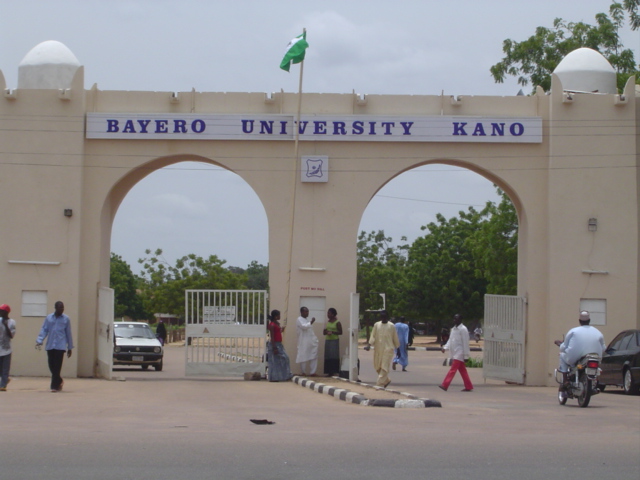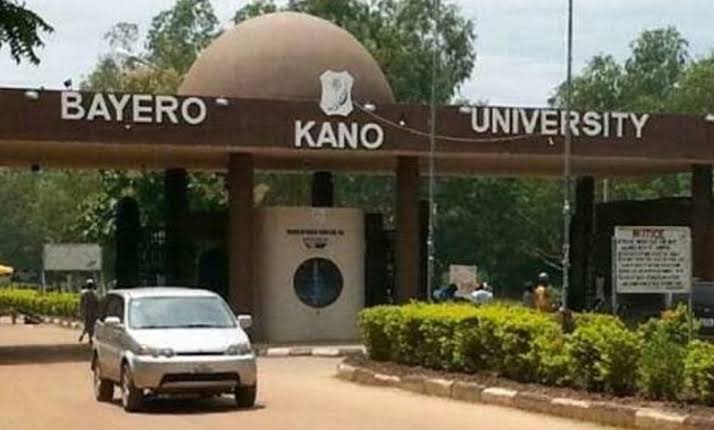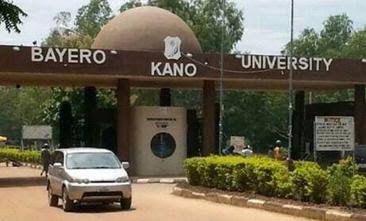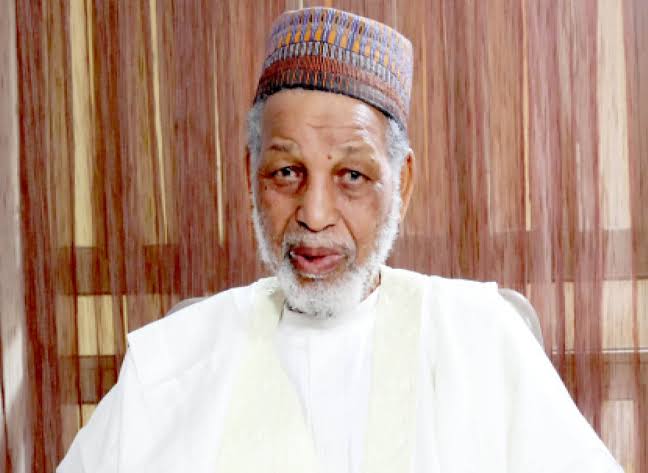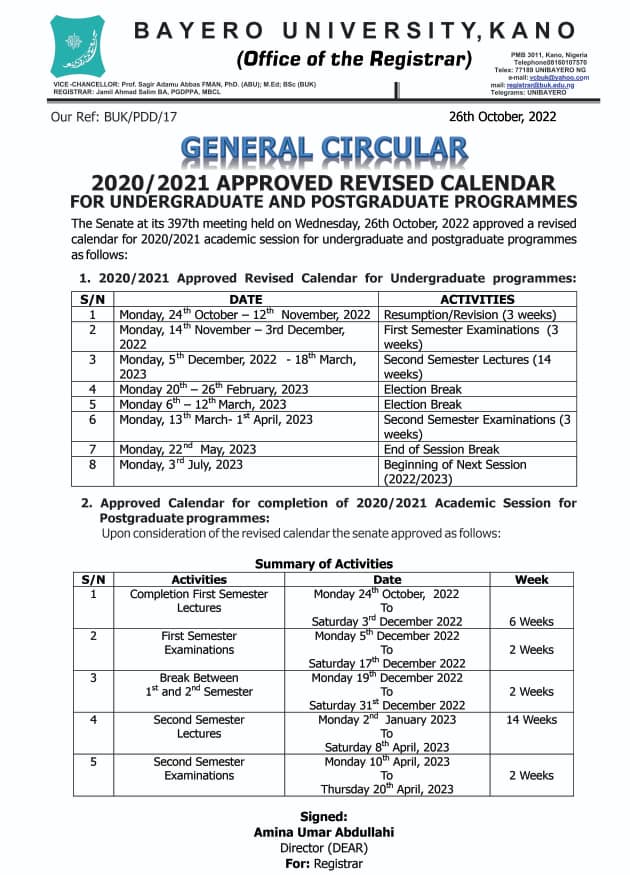BUK graduates give out almost N1 million, foodstuffs to deceased colleagues’ families
By Sabiu Abdullahi The graduates of the Faculty of Arts and Islamic Studies (FAIS) class of 2004 at Bayero University Kano (BUK) gathered at their 12th Annual General Meeting in…
